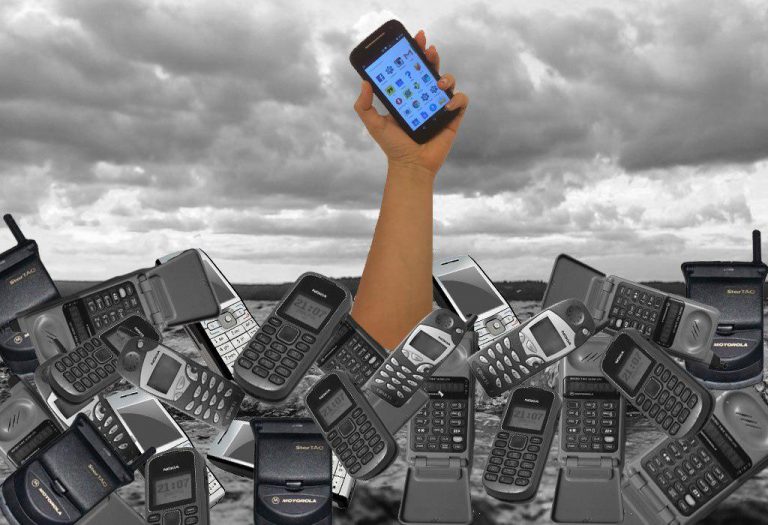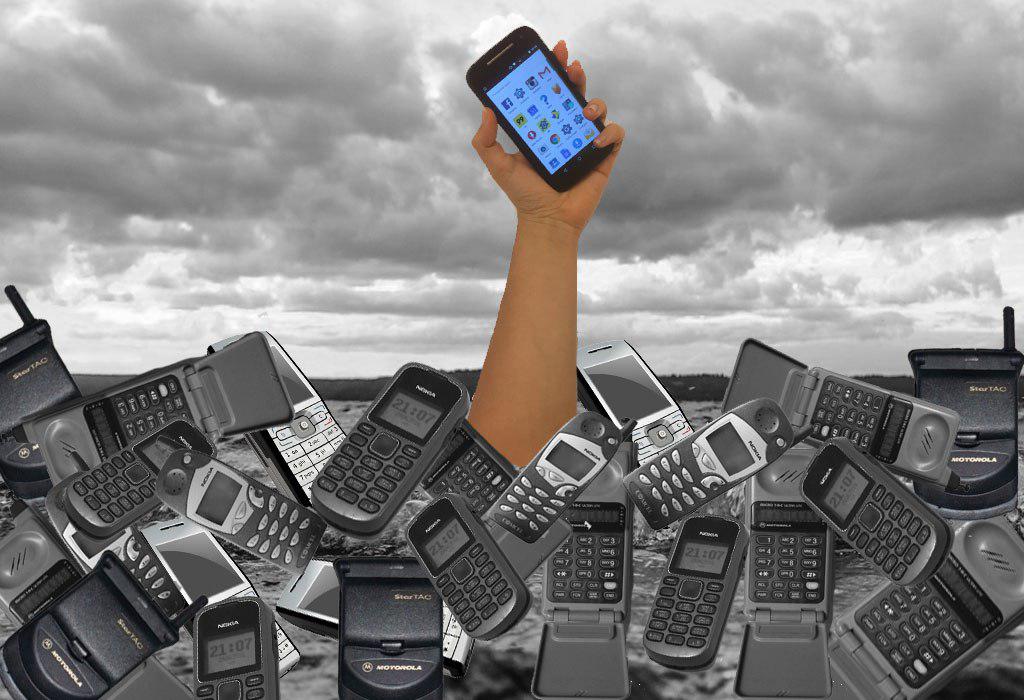
Smartphones: treasure chests of the Lava-Jato investigation
The practices of the Lava-Jato investigation have generated heated juridical debates: in plea bargaining, preventive detentions, and international cooperations, the Judiciary has welcomed new interpretations proposed by the Federal Police and by the Public Attorney’s Office (the so-called “task forces”) in repression to white-collar crimes. Alongside with the investigation’s benefits, questionings about the adopted practices arise, at times denounced as “extensive” interpretations of the legislation, violating the defense rights of the accused. Part of the juridical community is especially worried about the consolidation of these interpretations by superior courts — the Federal Supreme Court (STF) and the Superior Court of Justice (STJ), crystallizing them.
In these investigations, “digital information” has taken a central role. After all, the connected life leaves many traces: have you ever wondered how much information is stored only in cell phones? There are contact lists, text files, photographs taken daily, annotations, email inboxes, instant messaging history, Internet navigation history, GPS information about every place we visit and what paths we take. In short: our smartphones have become true “treasure chests” for investigators.
If it’s evident that this great availability of information can facilitate a judicial investigation, the possibility of authorities having access to much more information than it would be necessary and reasonable also increases, which raises concerns about privacy, intimacy and other rights, such as freedom of speech and of association. Is it reasonable, for example, for an investigation team to have access to your entire email inbox, to discover something about a specific conversation between you and a potential offender? What is at stake, at the end of the day, is a very important democratic question: what limits should be imposed on the state when it comes to individual rights and freedoms of people, even if the fight against corruption and other crimes is also a goal to be attained?

The very beginning of the Lava-Jato was marked by controversies of this kind: in 2014, the access to messages exchanged by one of the defendants, Alberto Youssef, was the key element for the task force to gather information about the bribery scheme operated — and later confirmed — by him. The manner in which the investigation got hold of the messages was questioned by the defense: it would have infringed the existing formal procedures of international cooperation when asking the content of the conversations directly to the foreign headquarters of the company that manufactured the phones (RiM, that made the investigated Blackberries).
The STJ has just decided, as it has been doing in several other cases, about a controversial question like this one. This time, the defense of one of the accused in the investigation claimed that judge Sérgio Moro could not have accepted conversations stored in a smartphone seized as evidence in compliance with one of his orders of search and seizure as evidence. That is, the mere fact of having the device impounded before judicial order (of search and seizure) would be enough to grant access to everything that exists inside of it (including conversations), without the necessity of another judicial other specifically for this.
For the STJ, Moro acted correctly. According to the decision, as it was not an interception of telecommunications, which would require more strict requirements of judicial authorization (as determines Law no. 9.296/1996), there wasn’t the need for obtaining a new specific order. The decision is aligned with what the STF has already decided about the access to emails stored in computers seized by the police, as we have pointed in InternetLab’s report about the vigilance of the communications in Brazil (linked at the end of the text).
It is true that, in his search and seizure order, Moro granted full powers of access to the police “(…) authorities can access data stored in eventual computers, electronic files of any nature, including smartphones, which are found (…)”. However, this generic and unrestricted authorization to any stored information needs to be put into perspective.
STJ’s argument seems to be based on the following premise: the legislation grants more protection to the flow of communications than to the information stored. This means that it is much harder to get an authorization to intercept a phone call or an email address than to have access to what is stored in a smartphone.
In the past, this seemed to make sense: cell phones were huge “bricks” that only made and received calls. Taping a phone call was one of the only ways to have access to a series of evidence and, therefore, one of the most serious privacy violations one could commit. It was in this context that the Law of Interceptions was conceived, in 1996. Today, this reality is inverted. The legislation, however, did not follow, in a way that these data treasures ended up without protection.
We are dealing with a lag: this interpretation about stored data, which is shared by judge Sérgio Moro, the STJ, and the STF is based on, for example, a text written in 1992 by an important jurist, professor Tercio Sampaio Ferraz Jr. For him, eventual breaches of “data” (the example given in the text is of banking extracts) do not violate the Constitution, as they are not “wiretaps” (allowed by the Constitution in exceptional cases). Almost twenty-five years later, it is worth questioning if we are not using archaic juridical parameters to deal with extremely new ways to communicate. Which is more private: everything that is saved on your cell phone, which can include twenty years of emails, or the content of a phone call you make?
Even if the framing that the decision offers is correct — the case in question is not about an interception of communications per se –, as our cell phones are the repositories of so much information, the establishing of limits when it comes to when and how much of them can be accessed is essential. In the US, as we have commented here, this question has already been faced by the Supreme Court, which unanimously decided that a specific judicial order is necessary to access data stored in a cell phone, even if it is in possession of the police after a search and seizure order (Riley v. California case).
Aside from the secrecy of communications (article 5, item XII), the Federal Constitution also determines the protection of the right to privacy (article 5, item X), which should be taken into consideration in decisions like this. Instead of being seen as a shield to potential criminals, privacy also needs to be faced as one of the cornerstones of the democratic state governed by the rule of law, without which the free development of personality and exercise of civil liberties are under threat.
If the Lava-Jato investigation has been producing enormous impacts in the criminal investigation and in a series of social processes when it comes to the digital rights it also needs to be accompanied close and submitted to criticism. In the eagerness of the political convulsion which the country is going through, practices and understandings that may compromise rights of all of us are being solidified.
Documents
By Dennys Antonialli, Francisco Brito Cruz and Mariana Giorgetti Valente
Translation: Ana Luiza Araujo